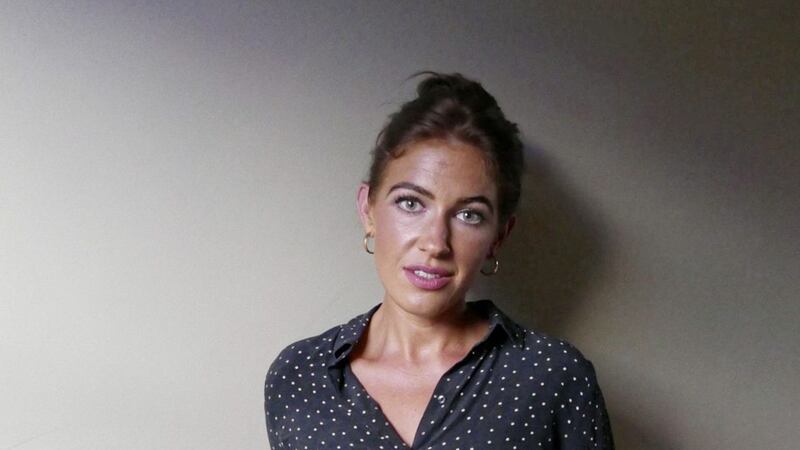EARLY this morning, thousands of people across the island of Ireland and across the world, took part in the annual Darkness into Light event. This is the 10th year of the walk which aims to provide an opportunity for people to connect with their local community and show their support for those who have been bereaved by suicide.
My uncle and godfather took his own life 25 years ago. I was 15. I didn’t fully understand what had happened at the time. It took me years to process. I have thought about the reasons why he did this many, many times and all these years later, I think that I have finally found some sort of peace with his decision.
For years, however, it was very difficult to discuss suicide. If someone around me was affected by it, I froze and tried to avoid talking about it. It hurts because this action leaves the living with many unanswered questions.
Eventually, I made the connection between suicide and mental illness. Both have traditionally been taboo subjects; a social stigma is unfortunately still attached to both.
When we have a broken bone we go to the doctor and get it sorted out. For some reason, we are still reluctant to monitor our minds. At a recent health check-up, I was asked if I have anxiety. "Doesn’t everyone in some way?" was my reply. The person who asked me the question was visibly stunned by my response. I later asked myself if I had been embarrassed to answer the question honestly.
Since my uncle’s death, I have been acutely aware of suicide rates among young men. He was in his 30s when he died. Since he died, a lot of progress has been made in trying to get men to open up about how they’re feeling. Public figures regularly speak out about their experience, about keeping mental ill-health in check and have been inspirational in doing so.
The GAA has been progressive in identifying this problem and trying to offer solutions. I remember hosting a health and wellbeing conference organised by the Ulster Council where the former Cavan goalkeeper Alan O’Mara spoke candidly about his battle with depression.
Like many people who suffer from anxiety or depression, Alan fought a hidden battle for years. He was outgoing, happy on the outside, but beneath the mask, he was miserable and in a very dark place.
Something he said that day has will stay with me forever: "One in four people have a mental health problem, but four out of four people have mental health."
Just like we all have physical, hygienic, sexual health which we need to keep an eye on, we all have mental health to look after also. It might still be a subject we don’t wish to discuss, but it’s there and it needs managed.
That’s the key to it. Manage it. Easier said that done, if you find yourself in a dark place. In recent years, a lot of emphasis has been put on men’s mental health. I wonder if the conversation among women is just as frank and honest? In my opinion, women continue to hide too much.
Think about it: monthly hormone changes, PMT, having children – pregnancy, giving birth, trying to get your head around being a parent, then comes the menopause and everything else life has to throw at us in between. Are we talking about how all this affects our mental health? Are women talking honestly about any of this?
I think that women are sadly, still under huge pressure to subscribe to the perception of perfection, and let's face it, admitting that you have to look after your mental health is not a sign of perfection.
Although I haven’t read her book Jog On yet, I follow Bella Mackie on Instagram. I enjoy how she sees life. Bella started to run for her mental health a few years ago. As she says herself, running saved her life.
Running certainly changed mine. I found a mental release when I ran, and a clarity of mind that I had never known. I need to get out for a walk or a run at least three times a week. I know now that this keeps me in check. Talking helps too.
In 10 years time, we will all incorporate regular visits to a psychiatrist into our everyday lives. We all have so much going on, and only so much space in our heads to process all of it.









